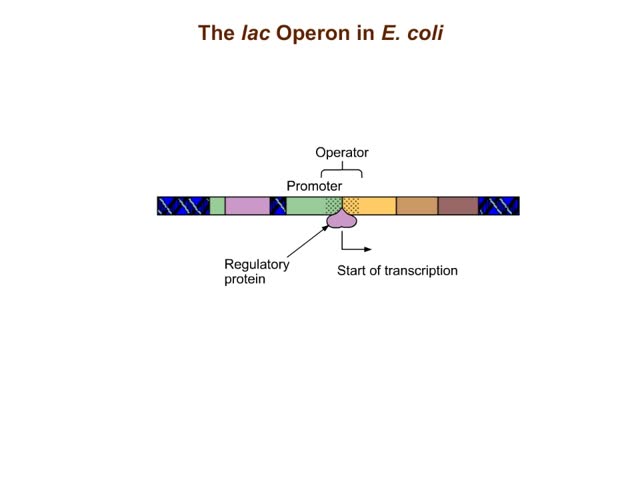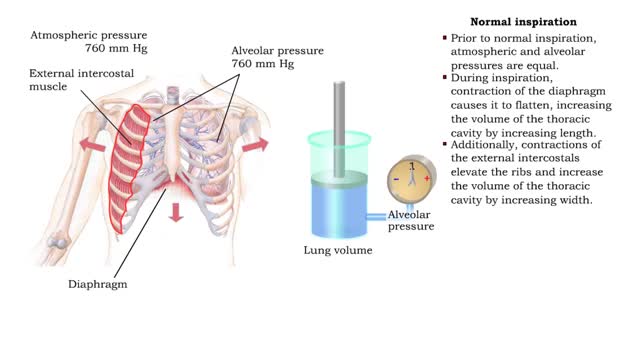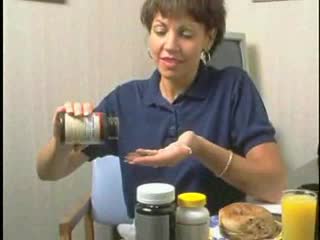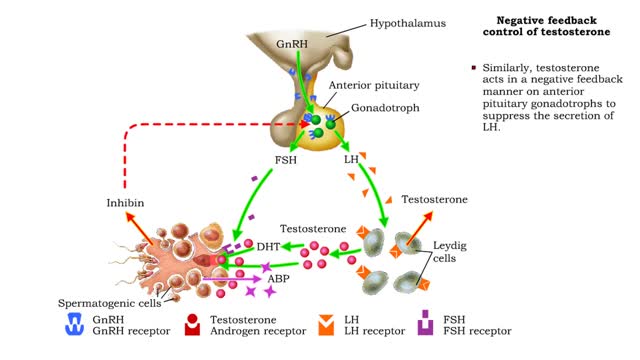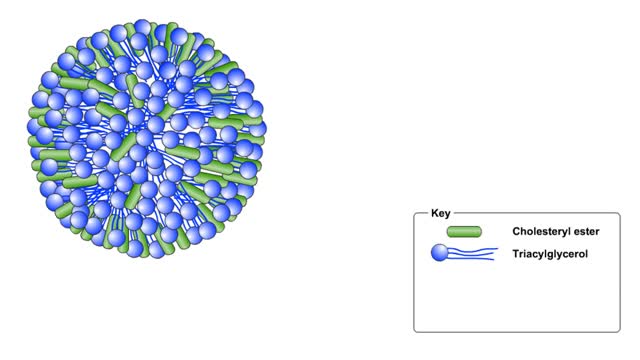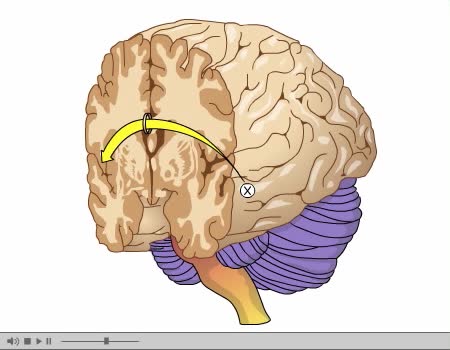Search Results
Results for: 'Cardiovascular control center'
By: Administrator, Views: 15822
The lac operon (lactose operon) is an operon required for the transport and metabolism of lactose in Escherichia coli and many other enteric bacteria. Although glucose is the preferred carbon source for most bacteria, the lac operon allows for the effective digestion of lactose when glucose is no...
Pressure volume relationships - Normal inspiration and expiration
By: HWC, Views: 11511
• Changing the relative pressure in the compartments can control the direction of airflow between compartments. • In a closed compartment, pressure and volume are inversely related. • Reducing the volume will increase the pressure. • Increasing the volume will decrease the pressure. ...
By: Administrator, Views: 14968
Premenstrual syndrome (PMS) refers to physical and emotional symptoms that occur in the one to two weeks before a woman's period. Symptoms often vary between women and resolve around the start of bleeding. Common symptoms include acne, tender breasts, bloating, feeling tired, irritability, and mo...
Male Reproductive System - Testosterone
By: HWC, Views: 12328
• Under the influence of FSH and testosterone, Sertoli cells produce androgen-binding protein (ABP) that binds to testosterone and maintains high levels of the hormone near spermatogenic cells. • Testosterone stimulates the final stages of spermatogenesis. • In addition, testosterone is...
What is Cholesterols? Introduction to Lipoproteins
By: HWC, Views: 10795
✔ https://HomeworkClinic.com ✔ https://Videos.HomeworkClinic.com ✔ Ask questions here: https://HomeworkClinic.com/Ask Follow us: ▶ Facebook: https://www.facebook.com/HomeworkClinic ▶ Review Us: https://trustpilot.com/review/homeworkclinic.com Cholesterol is a type of fat fo...
Studying the Left and Right Brain Independently
By: Administrator, Views: 14962
A seizure, technically known as an epileptic seizure, is a period of symptoms due to abnormally excessive or synchronous neuronal activity in the brain. Outward effects vary from uncontrolled shaking movements involving much of the body with loss of consciousness (tonic-clonic seizure), to shakin...
Dissociative Disorders (Part 3)
By: Administrator, Views: 14644
Dissociative disorders (DD) are conditions that involve disruptions or breakdowns of memory, awareness, identity, or perception. People with dissociative disorders use dissociation as a defense mechanism, pathologically and involuntarily. Some dissociative disorders are triggered by psychological...
Dissociative Disorders (Part 1)
By: Administrator, Views: 14716
Dissociative disorders (DD) are conditions that involve disruptions or breakdowns of memory, awareness, identity, or perception. People with dissociative disorders use dissociation as a defense mechanism, pathologically and involuntarily. Some dissociative disorders are triggered by psychological...
Dissociative Disorders (Part 2)
By: Administrator, Views: 14580
Dissociative disorders (DD) are conditions that involve disruptions or breakdowns of memory, awareness, identity, or perception. People with dissociative disorders use dissociation as a defense mechanism, pathologically and involuntarily. Some dissociative disorders are triggered by psychological...
Advertisement



